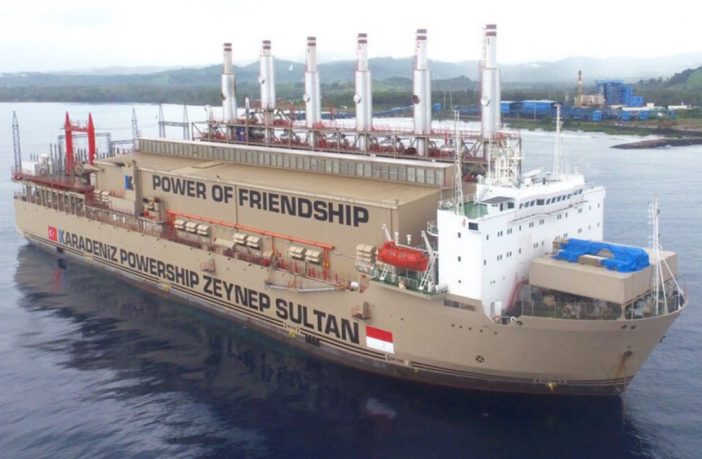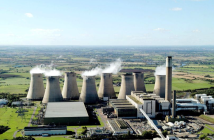- 350Africa.org weighs in on the emergency procurement deadline extension.
- Powerships will lock South Africa into 20 years of damaging, expensive power that will harm local communities, their ability to secure their livelihoods and worsen impacts of climate change through harmful emissions.
- Yet, they’ve been given a new lifeline with the deadline for financial close being extended, yet again.
The Risk Mitigation Independent Power Producer Programme (RMIPPP) – a programme to procure emergency power – has seemingly been rigged from the start to favour gas with the powerships project kick-starting a gas market in South Africa. This included suspiciously specific tender criteria and the ongoing shifting of deadlines for financial close.
Bidders, including KarpowershipSA, were supposed to have acquired all licenses and authorisations, amidst other criteria, by the 31st of July 2021 which was extended to the 30th of September. Now, without any formal announcement, the deadline seems to have been shifted to late January 2022 according to people familiar with the situation. Legal cases and “baulking” banks are being said to delay the process.
The granting of generation licences by NERSA, despite the lack of Power Purchase Agreements with Eskom, indicate approvals that go against policy. The decision seems misaligned with the Department of Environment, Forestry and Fisheries (DFFE), who have rejected the environmental authorisations, currently being appealed. According to expert reports, there are no net benefits to Eskom, the government or the people of South Africa.
The price of discord between regulators and these shifting goal posts will be paid by electricity consumers and coastal communities. With costs, such as the variable price of imported gas, being passed down to the consumer, electricity prices may well go up while coastal communities in potential powership docking areas are at risk of losing their livelihoods with harmful effects on fish populations.
Based on the profit model of the Turkish Karpowership company, this will be their biggest earning project yet, whether or not energy access is improved in South Africa. Fossil Fuel projects like this will benefit the well-connected elites, and actively undermine locally affected communities. There is very little job creation or infrastructure left behind from docking a ship and plugging it into our grid for 20 years. Where would local fishing communities move to, if waters and fish stocks are destroyed by powerships?
There is no longer any potential, for any country, to begin plans to extract fossil fuels if we aim to stay within the Paris Agreement’s target of 1.5 degrees of warming.
In early September, 350Africa.org delivered a petition to the potential funders of KarpowershipSA demanding they abandon the deal, joining civil society organisations and coastal communities in collective rejection of the project. Finance is a key pillar enabling the fossil fuel industry. Drawing attention to the public funds going to this R200 billion project highlights what could have been spent on clean, affordable, accessible energy alternatives. All 3 financial institutions, the Development Bank of Southern Africa, Investec and Absa, all received the petition and emphasised that no decisions have been made. However, a lack of a yes is not a no.
“The powerships project is predicted to increase electricity costs and negatively impact coastal communities. Public concern around it is seemingly being ignored. The longer we spend on drawn out, unsustainable energy decisions, the further away we move from an energy system that is clean, affordable and accessible. 350Africa calls for a fast, progressive and most importantly just transition to renewable energy and these decisions to delay consistently undermine that future. Powerships are a clear example of why transformational change is needed in the energy sector, and why we need to #UprootTheDMRE, who block progressive and sustainable change.” – Alia Kajee, campaigner, 350Africa.org.
Author: Bryan Groenendaal
Source: 350Africa.org











